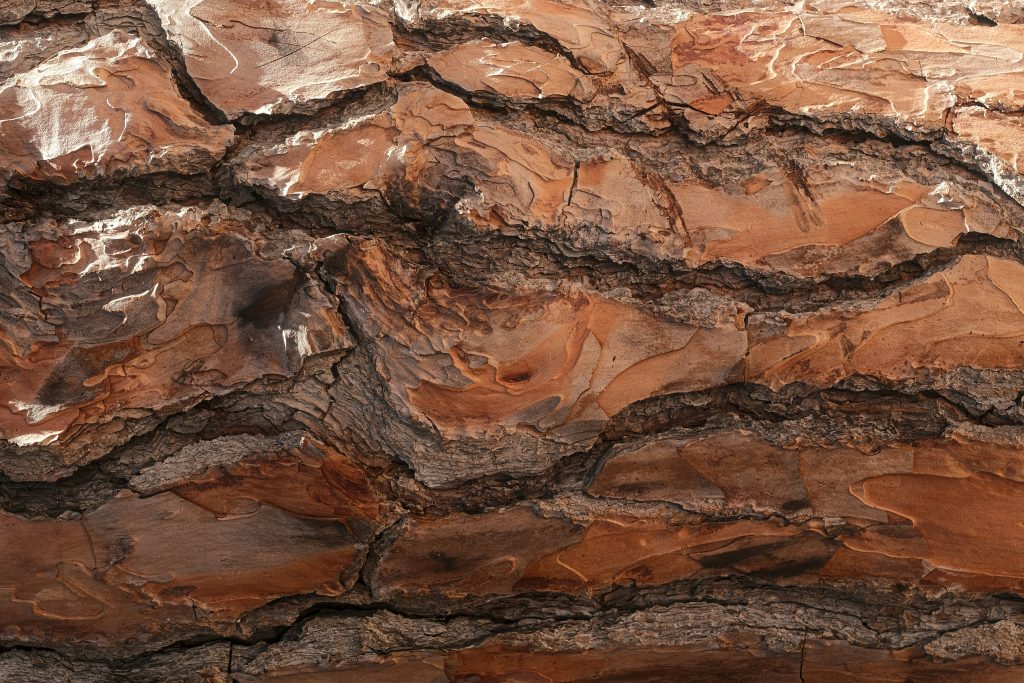In a tragic turn of events, Ketchikan, Alaska, recently experienced a devastating landslide that resulted in at least one fatality and multiple injuries. The disaster, which struck around 4 p.m. on a fateful Sunday, unleashed a torrent of earth and debris from a steep, forested hillside, obliterating homes and blocking critical roadways in the area.
Authorities are currently investigating the circumstances surrounding the landslide, with initial reports suggesting that heavy rains in the days leading up to the incident may have contributed significantly to the instability of the hillside. The torrential downpours saturated the ground, creating conditions ripe for such a catastrophic failure. As emergency responders rushed to the scene, they faced daunting challenges posed by the blocked routes and the potential for further slides, prompting officials to issue evacuation orders for residents in the most affected areas.
The aftermath of the landslide has left the community in shock, grappling with the loss of life and the destruction of property. At least one person has been confirmed dead, while three others sustained injuries that required medical attention. Emergency crews worked tirelessly to assess the damage and assist those displaced by the event. The local government is coordinating relief efforts, providing temporary shelter for families who lost their homes and ensuring that resources are available for those in need.
Despite the devastation, officials have noted that the recent landslide is not expected to impact cruise operations in Ketchikan, a vital part of the town’s economy. As a popular tourist destination, the community remains hopeful that it can recover quickly and safely from this disaster. Local businesses and residents are rallying together, showcasing the resilience and spirit of Ketchikan in the face of adversity.
As the investigation continues, experts are emphasizing the importance of monitoring geological activity in the region, particularly given the changing climate patterns and increasing frequency of extreme weather events. The Ketchikan landslide serves as a stark reminder of the potential dangers posed by natural disasters, prompting conversations about preparedness and safety measures for residents living in similar vulnerable areas.
In the coming days, further assessments will be conducted to determine the full extent of the damages and to develop a comprehensive recovery plan. Community meetings are expected to be held to keep residents informed and engaged in the rebuilding process, fostering a sense of unity as Ketchikan moves forward from this tragic event.

